Disclosure: This article contains affiliate links. We may earn a commission from purchases at no extra cost to you, which helps our travel content.
The train pulled into Pécs station just as the afternoon light was turning that perfect golden hue photographers chase. My legs were still tight from the Budapest Half Marathon I'd completed two days prior, but that familiar post-run clarity hummed through me as I stepped onto the platform. This wasn't my first Hungarian rodeo—I'd done the capital's tourist circuit years ago while coordinating a relief project—but Pécs had called to me through a chance conversation with a Hungarian monk I'd met during a monastery stay in Romania. 'If you want to understand Hungary's soul beyond Budapest,' he'd said, tapping his worn prayer beads, 'Pécs holds the rhythm.' Three days to explore a UNESCO city with layers of Roman, Ottoman, and Habsburg influence, all while keeping costs reasonable enough that my nonprofit salary wouldn't weep? Challenge accepted. What I discovered was a walkable cultural treasure chest where couples can connect deeply with Hungarian heritage without the crowds or costs of more famous European destinations.
Day 1: Ancient Foundations and First Impressions
My first morning ritual in any new city involves two things: a sunrise run and finding the best local coffee. In Pécs, both exceeded expectations. I laced up my running shoes before dawn and hit the quiet streets, watching the city wake up around me. The 5K loop through Széchenyi Square and up toward the TV Tower gave me that perfect runner's overview—enough elevation to feel accomplished but gentle enough for recovery legs.
After a quick shower at my guesthouse (Nap Hostel—clean, central, and just €22/night with a private room), I followed the aroma of freshly ground beans to Café Zacc. For 950 HUF (about €2.50), I savored what might be the best cortado outside of South America while plotting my day on their free city map.
Pécs sits on layers of history—literally. My first stop was the Early Christian Necropolis, a UNESCO site featuring 4th-century Roman burial chambers with remarkably preserved murals. The underground complex costs 2000 HUF (about €5.50) and offers a cool respite from spring sunshine. What struck me wasn't just the antiquity, but how the burial art blended early Christian symbolism with Roman traditions—a cultural mashup that would become Pécs' signature.
For lunch, I followed a local tip to Korhely Faloda, where daily specials run about 1500 HUF (€4). The goulash was soul-warming, but it was the langos (fried dough with sour cream and cheese) that had me contemplating a second order. Properly fueled, I spent the afternoon exploring the magnificent Pécs Cathedral, whose four towers have watched over the city since 1064, though what stands today reflects centuries of additions and renovations.
As evening approached, I wandered the winding streets of the Zsolnay Cultural Quarter, a revitalized factory complex now housing galleries, studios, and the interactive science museum. The sunset from the rooftop café bathed the famous Zsolnay ceramic tiles in a light that photographers dream about.
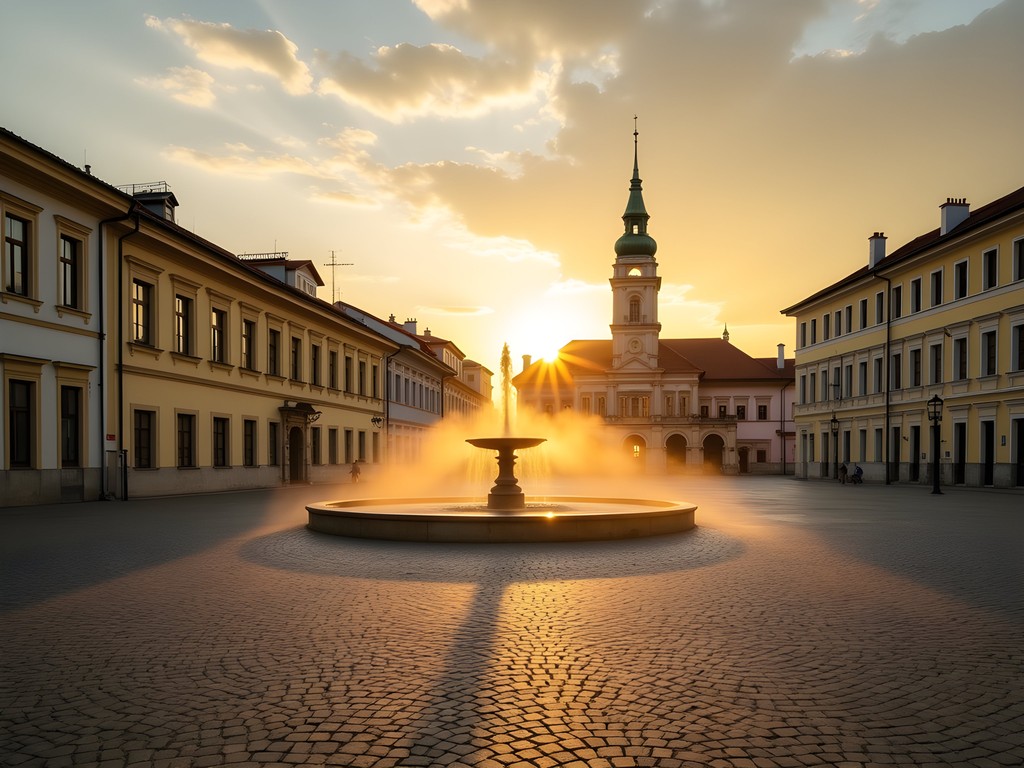
💡 Pro Tips
- The Pécs Card costs 4900 HUF (about €13) and includes public transport and entry to major museums—worth it if you're planning to visit 3+ attractions
- Many museums close on Mondays, so plan accordingly
- Ask for the daily special ('napi menü') at restaurants for the best value meals
Day 2: Vinyl Treasures and Ottoman Echoes
Every city has its own soundtrack, and I've made it my mission to discover it through local record shops. Pécs surprised me with Lemezbörze, a vinyl treasure trove tucked into a narrow street near the university. The owner, Tamás, spoke limited English but universal music-lover language as we flipped through crates of Hungarian folk, jazz, and surprisingly, an extensive collection of 1970s African funk imports. I couldn't resist picking up a rare pressing of Omega (Hungary's answer to Pink Floyd) for 3500 HUF (about €9.50).
With my new vinyl carefully tucked into my packable daypack, I headed toward Széchenyi Square for the Saturday farmers' market. Spring in Hungary means an explosion of produce—I assembled an impromptu picnic of fresh bread, local cheese, and strawberries that tasted nothing like the watery impostors back home.
The afternoon was dedicated to exploring Pécs' Ottoman heritage. The 16th-century Jakovali Hassan Mosque stands as Hungary's best-preserved Turkish-era religious building, complete with a functioning minaret. What struck me was the spiritual continuity—this space has remained a place of prayer through centuries of political change. I sat quietly in the corner, watching light filter through the small windows, creating patterns on the carpet that seemed to pulse with the same rhythm as prayer beads moving through fingers.
Nearby, the Memi Pasha's Bath Museum offers a glimpse into Ottoman bathing culture. Though no longer functioning as a hammam, the architecture reveals how central communal bathing was to social life. The museum costs just 1000 HUF (about €2.75) and provides a fascinating window into daily life during the 143 years of Ottoman rule.
For dinner, I splurged (relatively speaking) at Susogó, where the 5-course tasting menu of modern Hungarian cuisine runs 8500 HUF (about €23)—a fraction of what you'd pay in Budapest for similar quality. The duck with sour cherry sauce was transcendent, and the sommelier's recommendation of local Villány red wine perfectly complemented the meal without breaking the bank.
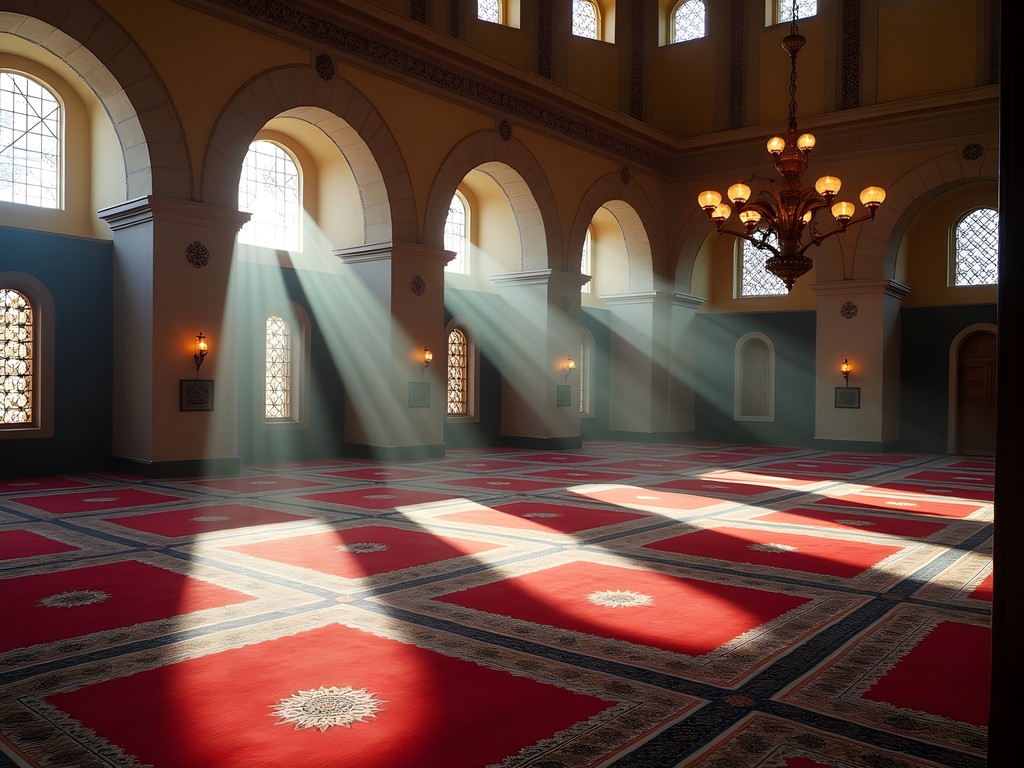
💡 Pro Tips
- Visit Lemezbörze record shop on weekday mornings when Tamás has more time to share stories about Hungarian music history
- The Saturday market starts early (7am) and the best produce sells out by 10am
- Most Ottoman sites close by 5pm, even in summer
Day 3: Mall Culture and Monastery Reflections
People often ask why I include malls in my cultural explorations. My answer is simple: to understand a place, watch where locals gather when they're not performing for tourists. Sunday morning found me at Árkád Shopping Center—not for the international chains, but for the food court where three generations of Hungarian families were sharing post-church pastries and gossip. I ordered a túrós batyu (cottage cheese pastry) and coffee for 750 HUF (about €2) and settled in for some quality people-watching.
What I witnessed was Hungarian family life unfiltered—grandmothers gently correcting posture, teenagers performing the universal ritual of pretending not to know their parents, young couples negotiating their day with the practiced dance of compromise. No guidebook captures these authentic moments.
By midday, I was ready for something completely different. A short local bus ride (350 HUF) took me to the Csontváry Museum, housing works by one of Hungary's most enigmatic painters. Tivadar Csontváry Kosztka abandoned his career as a pharmacist after receiving a divine calling to become a painter. His massive, luminous canvases blur the line between visionary art and madness—perfect fodder for contemplation.
The true highlight of my Pécs experience, however, awaited on the outskirts of town. The Cistercian Monastery of Pécsvárad sits atop a verdant hill, offering both spiritual and literal perspective on the region. Though I'm not Catholic, I've found that monasteries worldwide share a certain energy—a concentrated stillness that cuts through mental noise.
The monastery gardens were bursting with spring blooms, tended by monks who've maintained these horticultural traditions for centuries. Brother István, noticing my interest in the medicinal herb section, offered an impromptu tour. 'These plants heal more than the body,' he explained in careful English, 'they remind us of our connection to creation.' We talked running (turns out he was a collegiate track star before taking vows) and the parallels between physical endurance and spiritual practice.
As the afternoon waned, I found a quiet bench overlooking the valley, pulled out my travel journal, and attempted to capture the essence of Pécs before my evening train. Some places defy easy categorization—Pécs is neither Eastern nor Western, neither fully modern nor trapped in amber. It exists in beautiful contradiction, much like the best journeys do.
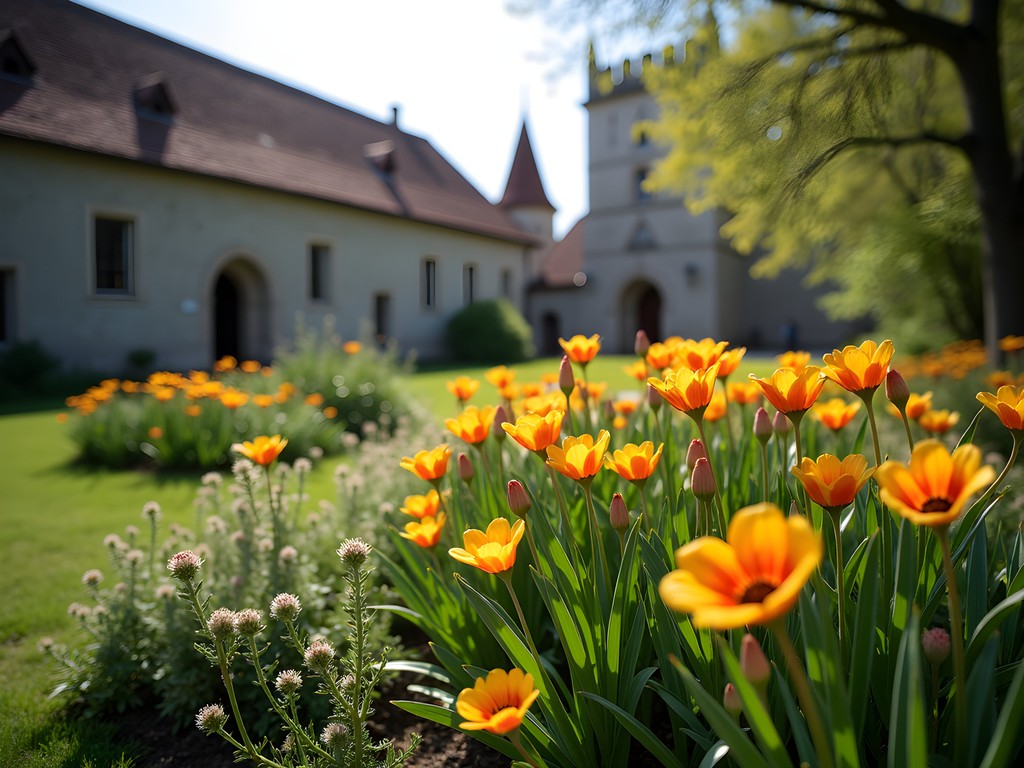
💡 Pro Tips
- Sunday bus schedules are reduced—check times carefully for trips to the monastery
- The Cistercian Monastery welcomes visitors between services, but dress respectfully (covered shoulders)
- For the best city panorama, climb the path behind the monastery just before sunset
Budget Breakdown: Pécs on a Shoestring
As someone who stretches nonprofit dollars for a living, I've become adept at maximizing experiences while minimizing expenses. Pécs proved to be remarkably budget-friendly without sacrificing quality. Here's how my costs broke down for three full days:
Accommodation: €66 total (€22/night at Nap Hostel for a private room with shared bathroom)
Transportation: - Budapest to Pécs round-trip train: €19 with advance purchase - Local buses: €5 total - Walking: Free (and my preferred way to absorb a city's rhythm)
Food & Drink: - Breakfasts: €12 total (mix of hostel kitchen simple meals and café pastries) - Lunches: €15 total (market picnics and daily specials) - Dinners: €35 total (including one 'splurge' meal) - Coffee & snacks: €10
Attractions: - Museums & sites: €18 total - Record shop purchase: €9.50 (my standard souvenir budget)
Total for 3 days: €174.50
This breaks down to about €58 per day—remarkable value for a European cultural destination. With a partner, shared accommodation could reduce individual costs further, though you might spend more on romantic dinners than my utilitarian approach.
One money-saving strategy that served me well was my water bottle with filter. Hungarian tap water is perfectly safe, but the filter removes any trace metals that can affect taste in older plumbing systems. This simple tool saves both money and plastic waste while keeping you hydrated during long days of exploration.
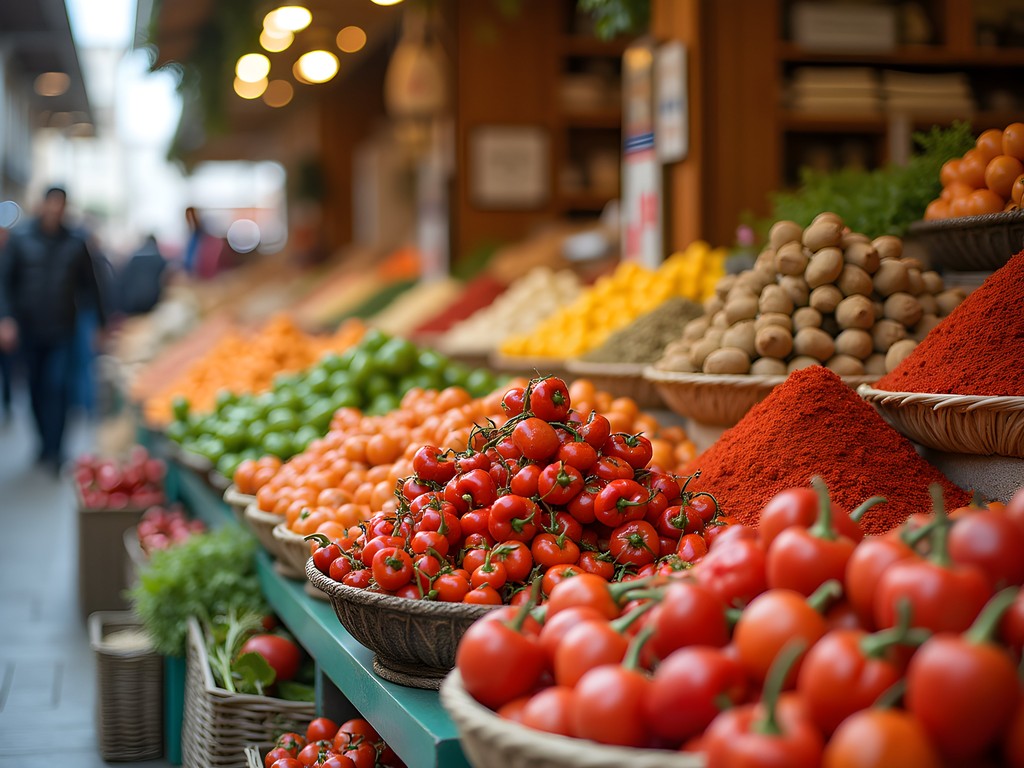
💡 Pro Tips
- Most museums offer discounted entry in the final hour before closing
- The market hall is great for affordable lunches, but bring cash as many vendors don't accept cards
- Student ID cards (even international ones) can get you 20-50% off at most attractions
Cultural Connection for Couples
While I traveled solo on this trip, Pécs struck me as an ideal destination for couples seeking meaningful connection away from overtouristed European cities. The intimate scale of the city creates natural opportunities for the kind of conversations that get lost in the shuffle of major tourist centers.
The Káptalan Street's row of museums offers perfect 'conversation starter' exhibits—particularly the Modern Hungarian Gallery, where works reflecting on national identity through communist era and beyond prompt discussions about how our own cultural backgrounds shape our perspectives.
For couples, I'd recommend adding these romantic touches to the itinerary:
Wine Cellar Tour: The nearby Villány wine region produces exceptional reds. Several cellars in Pécs offer tastings of regional wines paired with local cheeses for about 5000 HUF (€13.50) per person.
Sunset at Tettye: This elevated park offers panoramic views of the city bathed in golden hour light—bring a blanket and that bottle of Villány red for a perfect evening.
Thermal Bath Experience: While I opted for the historical bath museum, couples might enjoy the still-functioning Harkány Thermal Spa (a 30-minute bus ride from Pécs). The mineral-rich waters have therapeutic properties, and day passes run about 4500 HUF (€12).
Live Music at Nappali: This café-bar transforms into a cozy live music venue most evenings, featuring everything from jazz to folk to experimental sounds. The intimate setting and candlelit tables create perfect conditions for that 'lost in conversation until closing time' experience.
What makes Pécs special for couples isn't elaborate romantic setups but authentic shared discoveries. When you're both experiencing something new—whether it's the taste of locally distilled pálinka or the acoustic properties of the Early Christian Mausoleum—you create memories with staying power. These shared moments of wonder form the foundation of travel stories you'll still be telling each other years later.
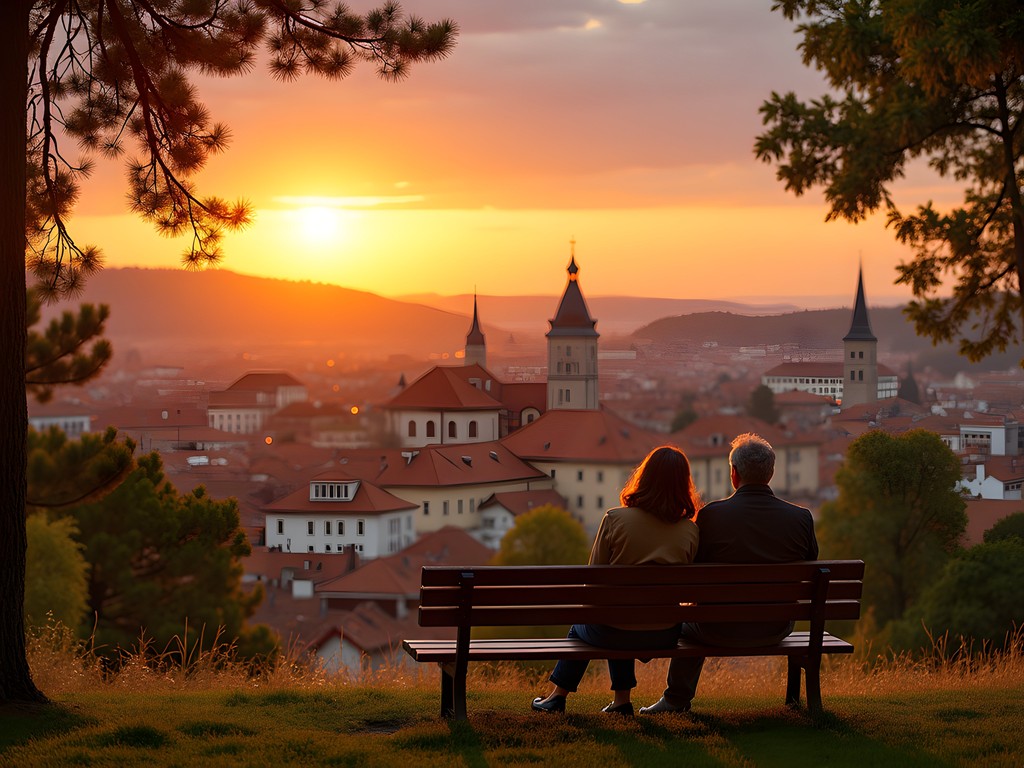
💡 Pro Tips
- Book wine tastings at least a day in advance, especially on weekends
- Many restaurants offer 'for two' platters that provide excellent value and variety
- The tourist office offers free 'Romance in Pécs' maps highlighting scenic spots perfect for couples
Final Thoughts
As my train pulled away from Pécs, I found myself already planning a return visit—perhaps in autumn when the surrounding Mecsek hills blaze with color. This pocket-sized cultural capital offers exactly what I seek in travel: authentic connections, spiritual resonance, and the kind of unhurried exploration that reveals a place's true character. For couples especially, Pécs provides a rare opportunity to experience European cultural richness without the crowds and costs that can drain both your wallet and your attention for each other. Whether you're tracing 2000-year-old Christian symbols in underground burial chambers, swaying to live folk music in a centuries-old courtyard, or simply sharing coffee and conversation in Széchenyi Square, Pécs invites you to slow down and truly see each other against the backdrop of Hungary's most underrated gem. As Brother István told me while we watched sunset from the monastery gardens: 'The best journeys change your rhythm.' Let Pécs change yours.
✨ Key Takeaways
- Pécs offers exceptional cultural value at about €58 per day for budget travelers
- The compact size makes it perfect for a meaningful 3-day experience without rushing
- The combination of Roman, Ottoman, and Habsburg influences creates a unique cultural landscape unlike anywhere else in Europe
- Spring brings ideal temperatures and blooming gardens without the summer tourist crowds
📋 Practical Information
Best Time to Visit
April-June or September-October
Budget Estimate
€55-70 per day per person
Recommended Duration
2-4 days
Difficulty Level
Easy

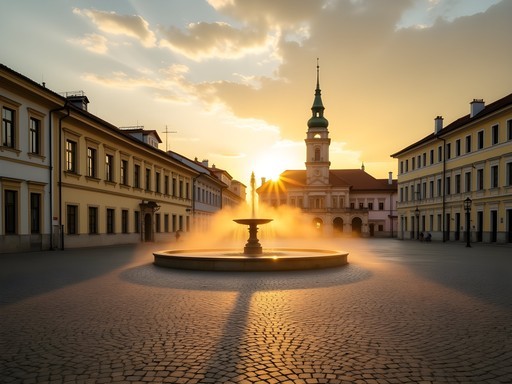
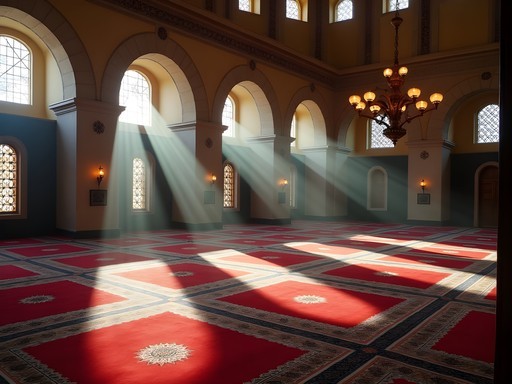
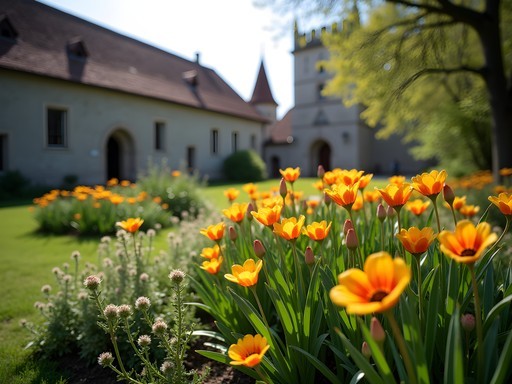
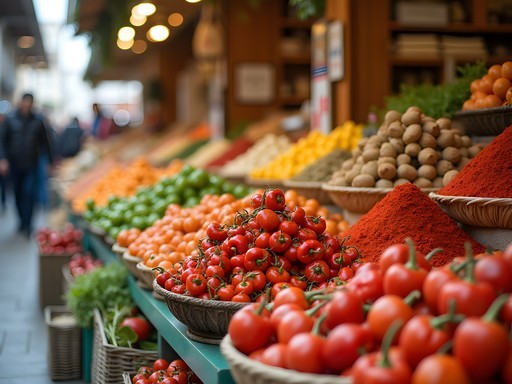
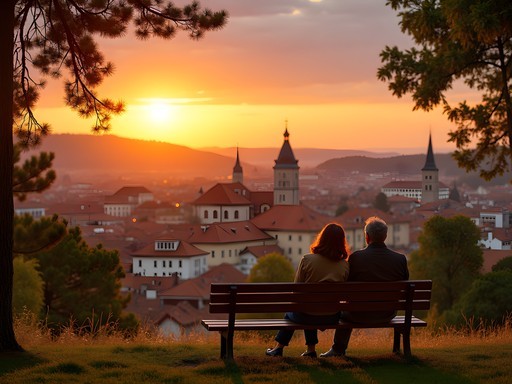


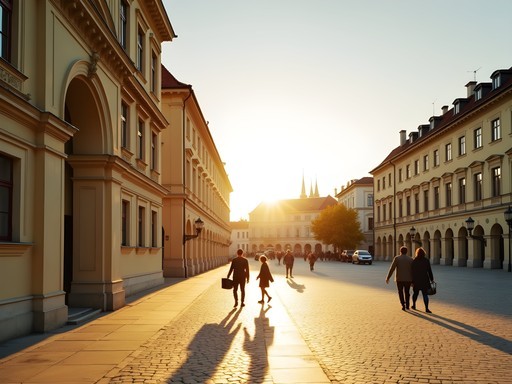
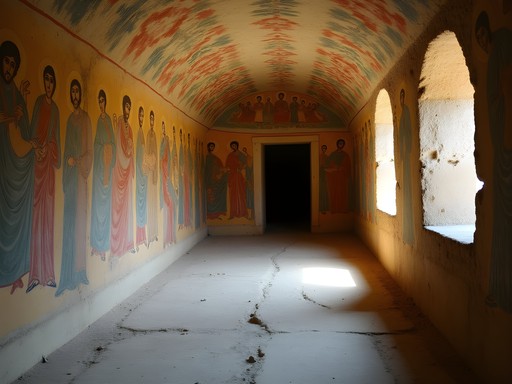
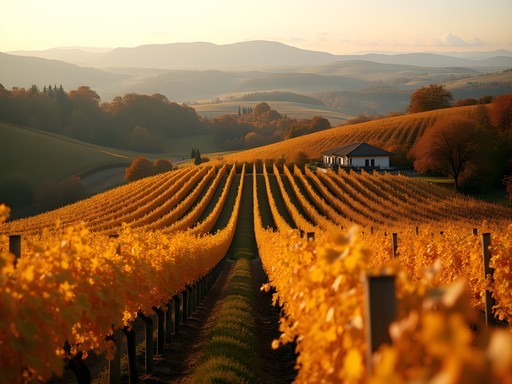
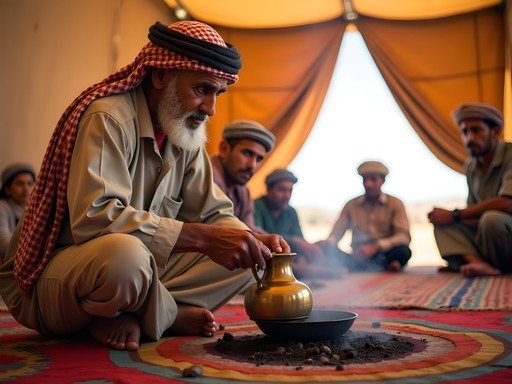
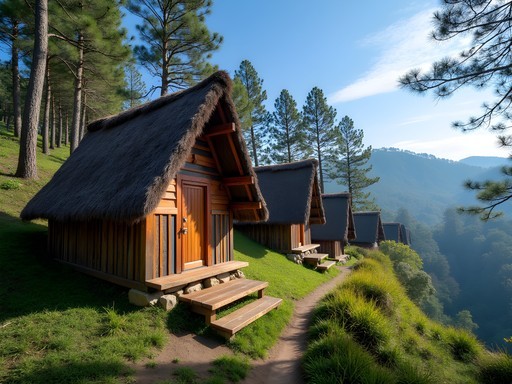
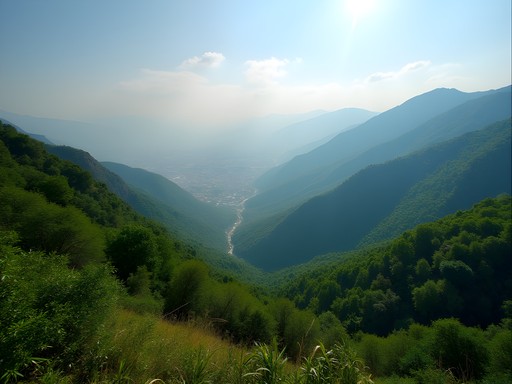
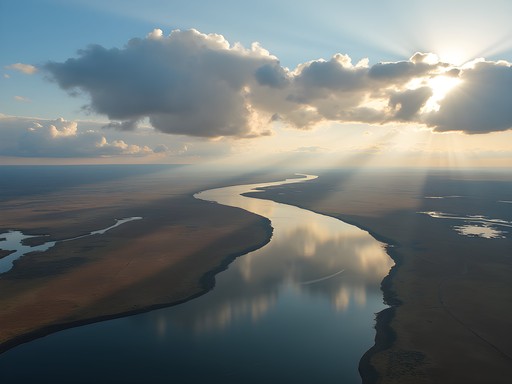
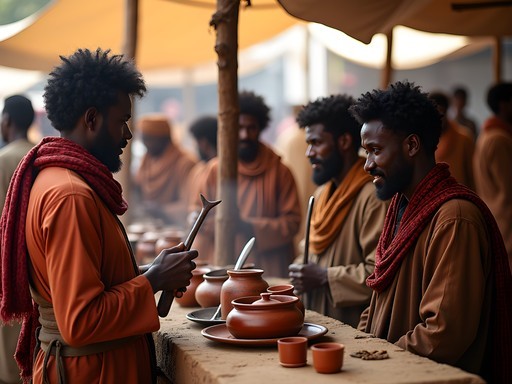
Comments
coolmate
Really cool photos! That golden hour shot is amazing
Ana Robinson
What a lovely post, Mason! I took my family to Pécs three years ago when my daughter was studying in Vienna, and we made it a weekend trip. The mix of Ottoman and Hungarian architecture fascinated my kids - they loved exploring the mosque-turned-church. One thing I'd add for families: the Mecsek hills you mentioned have easy hiking trails that are perfect for children. We packed sandwiches and made a picnic day of it. The views over the city are stunning, and there's a TV tower up there with a restaurant if you don't want to pack lunch. It's these smaller Hungarian cities that really capture the authentic spirit of the country.
freetime
oh the hiking sounds perfect! thanks for the tip
sunnyfan8108
We visited Pecs last spring and absolutely loved it! Stayed 4 days and honestly could have done more. The Zsolnay museum is incredible if you're into ceramics and design - those colorful roof tiles are everywhere in the city. Also the early Christian tombs (UNESCO site) are worth the visit even though they're a bit out of the way. We found this amazing little coffee place near the mosque that had the best pastries. Way less touristy than Budapest and the locals were so friendly!
freetime
Going there next month, any other tips?
triprider
bring good walking shoes! the old town has lots of cobblestones
Jennifer Rodriguez
Mason, great breakdown on the budget section! I'm always looking for affordable European destinations and Pécs seems incredibly reasonable. Quick question - you mentioned the vinyl shop on Day 2. Do you remember the name? I collect records from every country I visit and that sounds like exactly my kind of place. Also curious about the train frequency from Budapest - were you able to book same-day or did you need to reserve in advance?
coolmate
not the author but trains run pretty regularly, like every 2-3 hours i think
travelqueen
Never even heard of Pecs before this! Adding to my list!!
redstar
Those golden hour photos are stunning! Love discovering places like this!
Taylor Moreau
Excellent write-up on Pécs, Mason! I visit Hungary regularly for business and always try to include Pécs in my itinerary. Your Day 2 section reminded me of my last visit when I discovered a small family-run restaurant near the Mosque of Pasha Qasim that served the most incredible halászlé (Hungarian fish soup). The Ottoman influences in the local cuisine are fascinating. One tip for business travelers: the city has surprisingly good coworking spaces. I used travel router at my hotel and had excellent connectivity throughout my stay. The local university also gives the city a vibrant, intellectual atmosphere that's quite different from Budapest. Did you get a chance to visit any of the university buildings during your stay?
Mason Sullivan
Thanks Taylor! I didn't get to explore the university buildings much, but I did wander through the campus and loved the energy. That restaurant sounds amazing - would you mind sharing the name? I'm planning to return in spring and would love to try it. The blend of Hungarian and Turkish influences in the food was definitely a highlight!
Taylor Moreau
The restaurant is called Bagolyvár (Owl's Castle). It's a bit hidden on a side street, but absolutely worth finding. Their catfish paprikash is exceptional too. If you're going in spring, try to time your visit with the Pécs Spring Festival in April - wonderful classical music performances in historic venues across the city.
mountainblogger2525
Just got back from Hungary and used your itinerary as inspiration for our Pécs visit! The Mosque-Church was definitely the highlight - such a unique blend of cultures in one building. We also stumbled upon a small festival in one of the squares with local food vendors. The langos there was incredible! One tip for others: we used our pocket translator a lot since English wasn't as widely spoken as in Budapest. Your budget breakdown was spot on - we spent almost exactly what you estimated for accommodations and food. Thanks for putting Pécs on our radar!
bluelegend3398
That vinyl shop you mentioned sounds AMAZING! I'm a huge record collector and never would have thought to look for shops in smaller Hungarian cities. Adding this to my Europe trip next year for sure!
Venture X
Premium card with 2X miles, $300 travel credit, Priority Pass